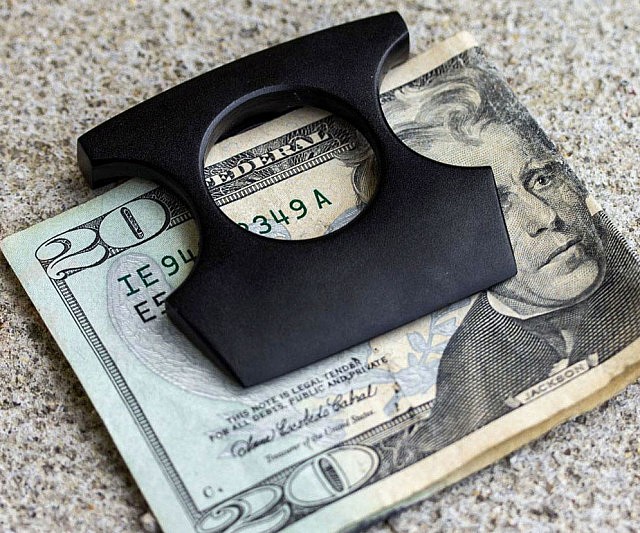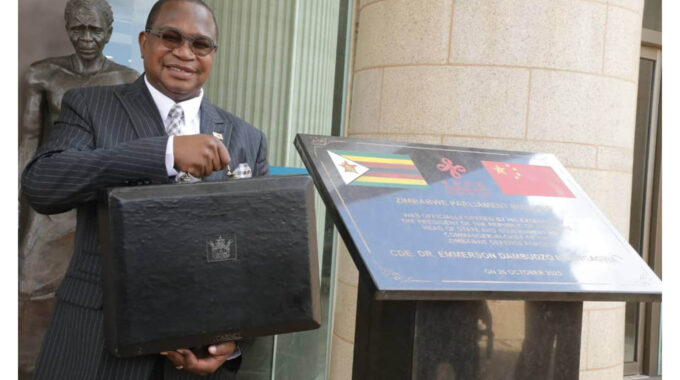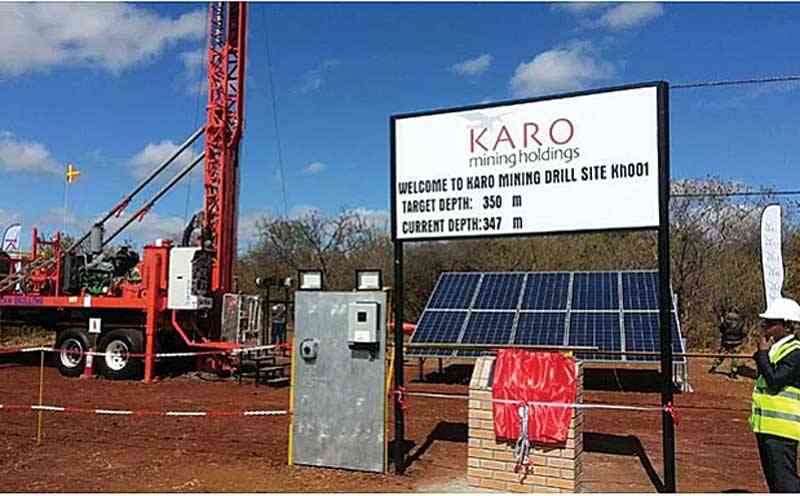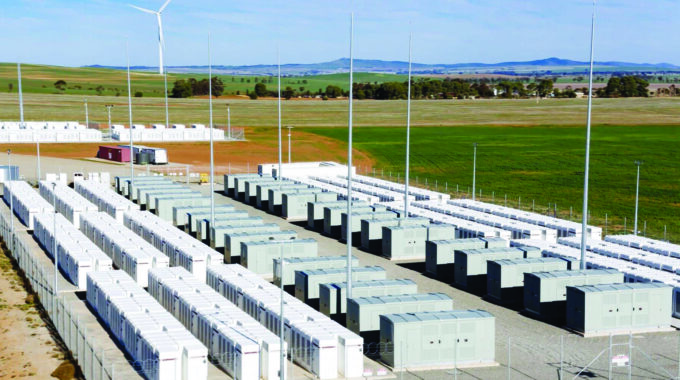TelOne decries vandalism, low tariffs
STATE-owned telecommunications company, TelOne, says it is facing acute viability challenges due to the prevailing hyper-inflation against a tightly controlled tariff.
In a report unveiled at its annual general meeting Friday, TelOne said it was providing data services at a loss while energy costs (electricity and fuel) were also piling pressure on the business.
The company said its costs had ballooned by 107 percent to ZWL1,8 billion per month, up from ZWL 856 million, while operating expenses increased by 112 percent from ZWL 3,3 billion in 2020 to ZWL 7 billion last year.
The cost of importing and distributing 1 megabit per second was US$28, while TelOne was distributing the same unit at US$10 since it has failed to secure a tariff review this year.
“The last tariff review was in September 2021.
When measured against the movements in exchange rates, for voice products the effective price was US$0,07 cents per minute after the tariff increase, and it deteriorated by 19,3 percent to US$0,058 cents per minute by 31 December 2021,” it said.
“As at the date of publishing of this report, no tariff adjustments had been approved for Consequently, the effective price for voice and broadband has fallen to an unsustainable US$0,025cents per minute and US$0,00050 cents per megabyte, respectively, as of 31 May 2022,” it said.
TelOne said it lost US$1,5 million in potential revenue last year due to theft and vandalism of its copper network cables, prompting it to rapidly pursue migration to wireless technologies to counter the challenge.
It said its business was under threat due to network cable theft and vandalism, with 333 vandalism incidents being recorded in last year, a 27 percent rise from the previous year.
As a result, a total of 39 965 customers were affected by vandalism-induced downtime during the period under review, up from 22 966 clients the previous year.
“The biggest loss to the company from acts of vandalism has been the business lost due to voice and internet service disruptions also prejudicing the company’s valued clients and negatively impacting the company’s reputation,” said the company.
“For the current period, the network vandalism cases have continued to rise with a 21 percent increase having been recorded for the first-half of the year compared to the same period last year.
“This has made the need to replace the copper network with optic fibre and wireless solutions more urgent, as these solutions are not only less susceptible to vandalism but also significantly improve the quality of experience.
To this end, funding options continue to be pursued for the phased replacement of copper wires, with Chitungwiza having been the first under the programme, to migrate to the LTE technology.”
— New Ziana/The Chronicle











